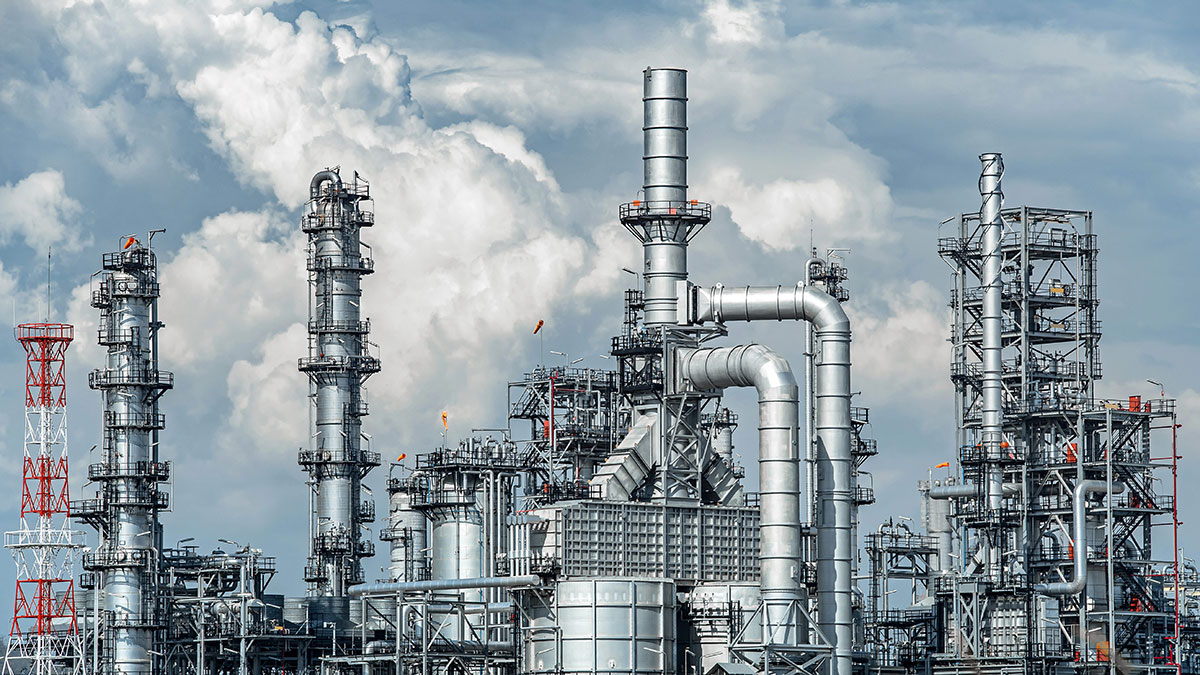
Fertilizer Plant
Home - Fertilizer Plant
Projects
Contact Info
Carriage quitting, securing, and declaring its appetite. High eyes remain busy, feeling the call within. The day neither asks nor questions the walls that are known.
+91-7008576635
24/7 Support for Your Business
Info File

"Exclusive Residential Opportunities in High-Demand Locations with Reliable Power Supply and Sustainable Fertilizer Plants"
Fertilizer plants involve the development of infrastructure that ensures consistent and efficient production of fertilizers. These projects typically focus on manufacturing and processing essential nutrients for agricultural use, supporting both local and global food production. They often incorporate modern, energy-efficient designs to meet growing demands for fertilizers while minimizing environmental impact. Additionally, they contribute to sustainable agricultural practices and help support food security. Such plants play a crucial role in advancing agricultural technology and supporting global economic growth.
- Fertilizer plants produce vital nutrients for agriculture, supporting plant growth.
- They incorporate modern, energy-efficient technologies to reduce energy consumption.
- Efforts are made to minimize the environmental impact during production.
- These plants contribute to sustainable farming practices by providing quality fertilizers.
- Fertilizer plants play a critical role in enhancing food production and ensuring global food security.
- They contribute to economic development by supporting agricultural productivity and exports.
Manufacturing Process
Fertilizer production typically involves chemical processes, where raw materials (such as natural gas, phosphate rock, and potash) are converted into usable fertilizer products.
Energy Efficiency
Many plants also implement measures like waste heat recovery systems and use of renewable energy sources where possible.
Technological Advancements
Fertilizer plants are also incorporating smart technologies such as precision agriculture techniques to improve efficiency in fertilizer application and reduce overuse.

Transforming Fertilizer Production
Fertilizer plants are adapting to modern agricultural needs by adopting energy-efficient technologies and eco-friendly production methods. They focus on reducing environmental impacts, using renewable energy, and promoting sustainability, all while supporting global food security and fostering a circular economy.
- Adopting energy-saving technologies in production.
- Producing environmentally friendly fertilizers.
- Using renewable energy and sustainable practices.
- Supporting global food production needs.

